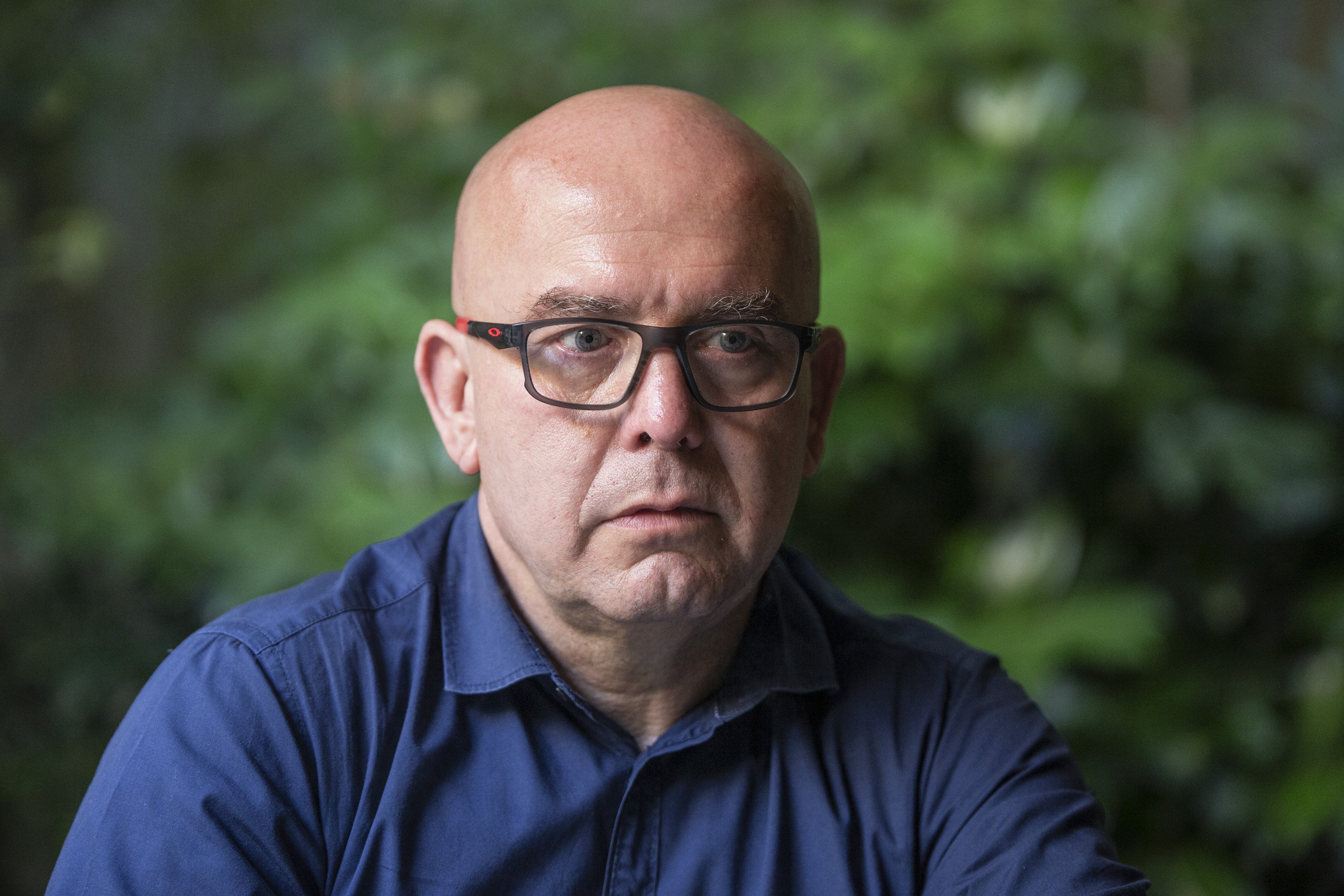The contention between lawyer Gonzalo Boye and judge María Tardón has landed in Spain's Constitutional Court. The lawyer, responsible for the defence of Carles Puigdemont and other exiled Catalan politicians, is calling on the constitutional body to impose urgent interim measures in response to massive and indiscriminate violation of his emails and phone communication in relation to the money laundering case under which judge Tardón is investigating him. Boye complains that the intrusion into his e-mails and mobile phone has violated both the professional secrecy of his communications with clients, as well as the confidentiality of communications with Spanish and foreign journalists and human rights activists, involved in cases that are currently in process before different international courts.
The lawyer argues that he has been the victim of breaches of the right to effective judicial protection, the right to a trial with guarantees in relation to the right to a defence and, finally, the right to personal liberty.
Emails and mobile
The complaint stems from the judicial search of Boye's office carried out on October 21st, 2019, when his entire professional email account was copied along with all the information on his mobile phone. This contained data from a multitude of clients "whose conversations, messages and documentation are protected by professional secrecy."
With this material, the judge opened a confidential part of the inquiry on October 30th, 2019, but last December this reserved character was lifted. Boye appealed against the lifting of the secrecy, but the appeal was dismissed on the grounds that the relevant communications for the case had been identified and the rest had been excluded.
The lawyer's defence alleges that the judge, in order to extract the information that she considered relevant, “accessed, read, studied and analyzed the lawyer/client and lawyer/lawyer communications from a multitude of criminal cases, many of them subjudice, with all the violations that this entails; in addition, others, such as police officers and court officials also had access to all the contents of the emails and mobile phone".
Human rights
The lawsuit asserts by accessing this information indiscriminately, the inquiry inspected communications carried out long before the case being investigated and which affect Boye's work with NGOs, human rights advocates, journalists and individuals he is defending in Spain and abroad. With regard to this point, it cites cases being heard in the European Court of Human Rights, the General Court of the EU and the Court of Justice of the EU, as well as before the African Commission and the Inter-American Court of Human Rights. The submission also refers specifically to the information on Puigdemont, and exiled Catalan ministers Toni Comín Clara Ponsatí, which the judge accessed in a "massive and indiscriminate" manner.
In addition, "the unrestricted access to his mobile phone and email has affected the professional secrecy of dozens of journalists both in Spain and in many other countries," the text says. In fact, the writ considers that this massive entry into Boye’s communications is as serious as if it had been carried out in reverse by accessing the communications of dozens of journalists with whom he maintains regular communications in Spain and abroad.
Sensitive information
The text notes that Boye works on a regular basis with “extremely complex cases in such delicate jurisdictions, in matters of human rights and civil liberties", as Algeria, Guinea-Conakry, Morocco, Egypt, Palestine, Syria, Iraq, Djibouti, Ethiopia, Turkey, Gambia, Tanzania, Colombia, Peru, Mexico, Panama, Chile and others, but all these communications were exposed "by an action that violates fundamental rights".
It poses the question of whether the judge is aware of what could happen to any of these people if their communications are revealed, simply through it becoming known that they had been in contact with Boye. "The seriousness of the intrusion is very great and the consequences are yet to be seen," it warns, referring to specific cases of human rights activists and defenders.
False accusation
The text recalls that the entry into and search of Boye's office was based solely on the statement of another defendant in the case, Manuel Puentes, a statement which the submission asserts is "absolutely false", as demonstrated by the data available to the judge. The claim reproduces the data which appears in the investigation summary, showing that the statements incriminating the lawyer are false and exclaiming that "to know that Puentes Saavedra was lying was simple and it was mandatory to check that."
On this basis, all the lawyer's emails between 2010 and 2019 were seized, instead of limiting the judicial inspection to the period investigated - relating to events that occurred in 2017. Similarly, the entire contents of his mobile phone data were accessed, without limitations of clients, cases, dates, or individuals.
As a consequence of all this, Boye's defence demands that the lifting of the confidentiality on the part of the inquiry relating to the lawyer's emails and mobile phone be annulled, and asserts that the lawyer's right to effective judicial protection and the right to a trial with the due guarantees were breached; the writ demands the return of copies made of email and mobile contents, calls for the identification of people who have had access to the devices and their content, the destruction of any copies and the exclusion of such data from the investigation of the case. It also calls for urgent interim measures, including the closure of the separate part of the case containing the data and a ban on accessing the information it contains.
The writ also calls on the Constitutional Court to rule on “delimiting the scope that the professional secrecy of lawyers, human rights defenders and activists and journalists must have in relation to the investigation of an alleged criminal offence”. “How is the confidentiality of communications and professional secrecy guaranteed if there is no clear rule?" asks the submission to Spain's court of guarantees.

